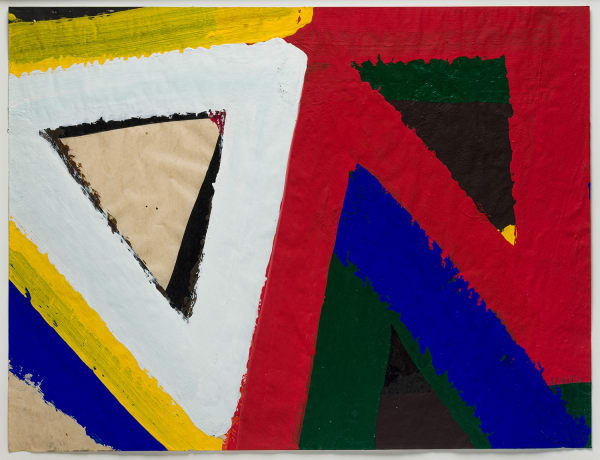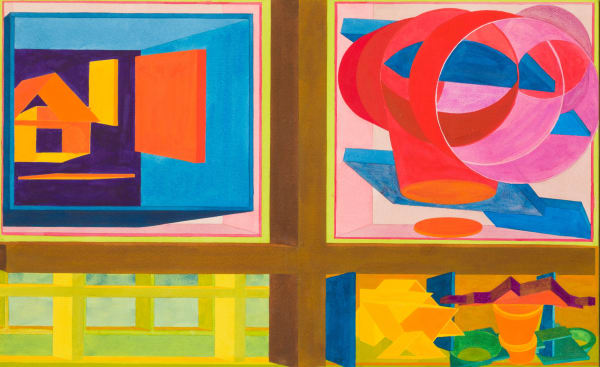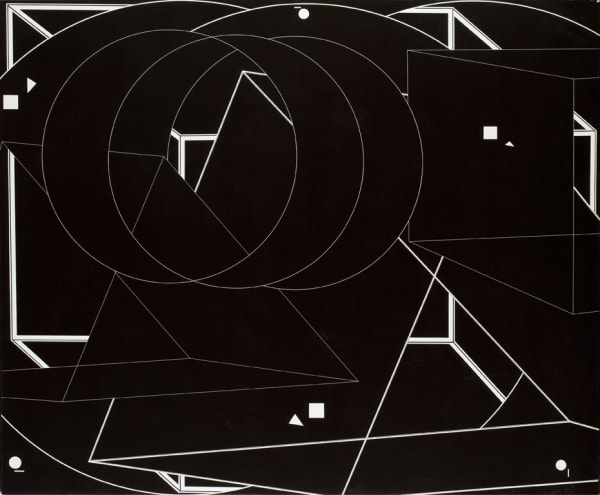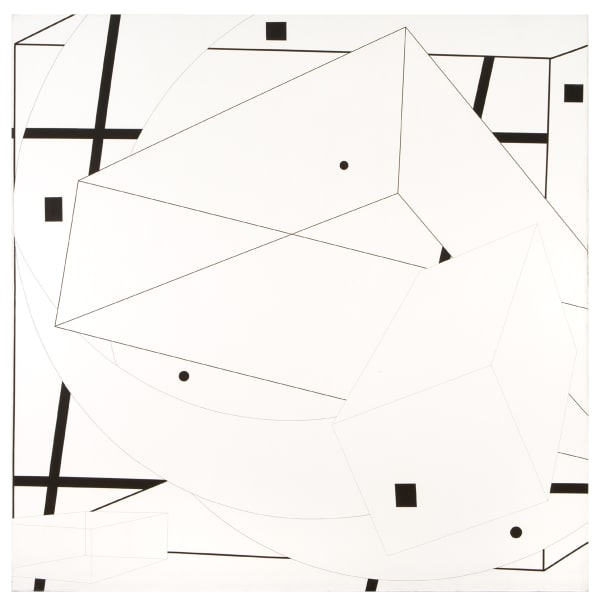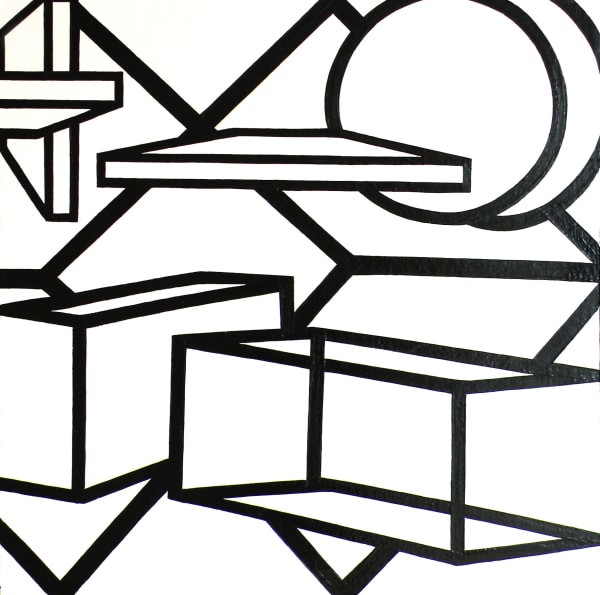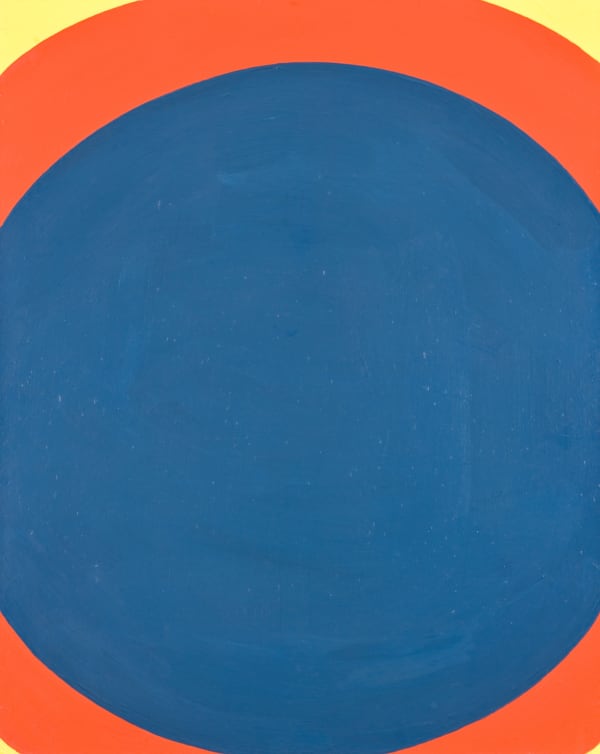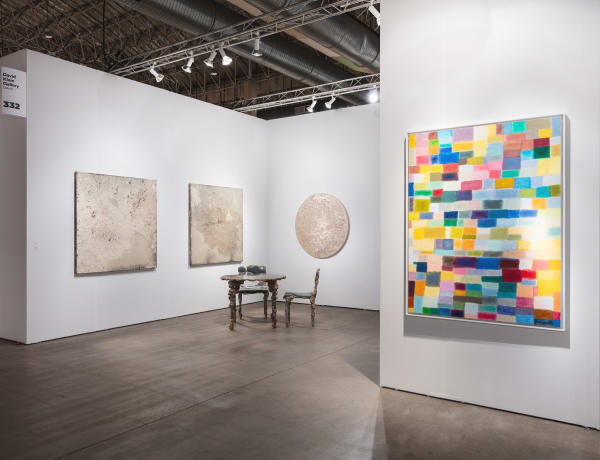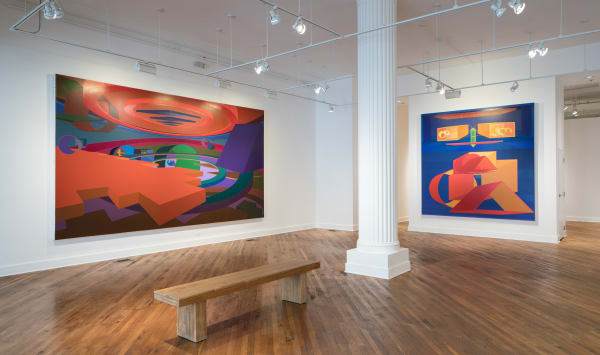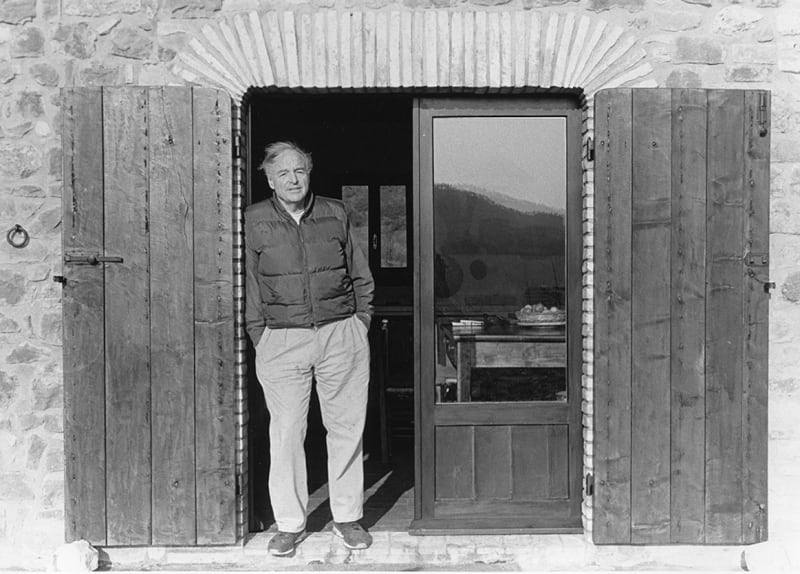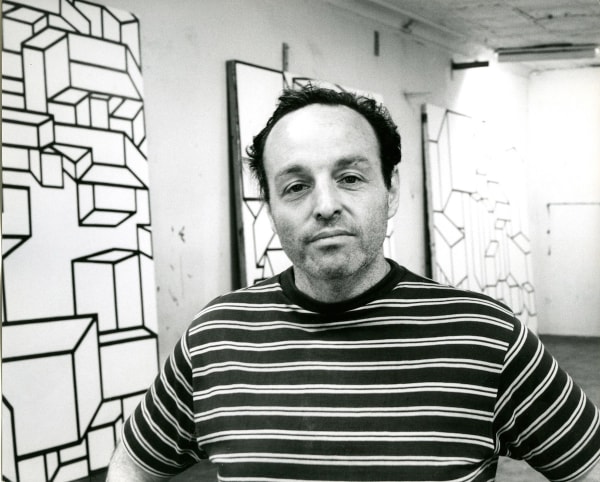Al Held
Works
-
 Al HeldUntitled, 1961
Al HeldUntitled, 1961 -
 Al Held60-160 , 1960
Al Held60-160 , 1960 -
 Al Held60-288, 1960
Al Held60-288, 1960 -
 Al Held60-317, 1960
Al Held60-317, 1960 -
 Al Held60-34, 1960
Al Held60-34, 1960 -
 Al Held60-56, 1960
Al Held60-56, 1960 -
 Al Held60-78, 1960
Al Held60-78, 1960 -
 Al Held60-81, 1960
Al Held60-81, 1960 -
 Al Held60-82, 1960
Al Held60-82, 1960 -
 Al HeldTesoro 11, 1993
Al HeldTesoro 11, 1993 -
 Al HeldPlaza 6, 1993
Al HeldPlaza 6, 1993 -
 Al HeldUmbria XXIV, 1992
Al HeldUmbria XXIV, 1992 -
 Al HeldVictoria IX, 1991
Al HeldVictoria IX, 1991 -
 Al HeldOrion V, 1991
Al HeldOrion V, 1991 -
 Al HeldScand III, 1990
Al HeldScand III, 1990 -
 Al HeldRoberta's Trip, 1985
Al HeldRoberta's Trip, 1985 -
 Al HeldGiza Gate III, 1976
Al HeldGiza Gate III, 1976 -
 Al HeldSolar Wind VII, 1974
Al HeldSolar Wind VII, 1974 -
 Al HeldCumulus II, 1971
Al HeldCumulus II, 1971 -
 Al HeldDelphi I, 1970
Al HeldDelphi I, 1970 -
 Al HeldBlue Circle, 1964
Al HeldBlue Circle, 1964 -
 Al HeldUntitled, 1954-55
Al HeldUntitled, 1954-55
Exhibitions
Biography
Al Held (1928 - 2005) was one of the most ambitious and influential American painters of the late 20th century. Primarily known as a pioneer of hard-edge abstraction, Held continuously evolved his abstract painting to formulate unseen truths.
Born in Brooklyn in 1928, Held first studied art at the Art Students League in New York, aspiring to paint social realist murals. While working in Paris from 1951–53, he began to identify as a second generation Abstract Expressionist. Throughout the 1950s he painted heavily impastoed canvases, determined to give structure to gesture. By the close of the decade Held began using acrylic paint for geometric shapes, giving his paintings a hard-edged clarity. The resulting series, most famously the Alphabet paintings of the early and mid-60s, established his signature style of monumental specificity.
Between 1967 and 1978, Held restricted his palette to black and white and explored space and volume through interconnected geometric forms with varying vanishing points. In the late 1970s, he reintroduced color, further expanding the paintings’ architectural dimension. After spending six months at the American Academy in Rome in 1981, he became inspired by the perspective, volume, and light of Renaissance art. In his last decades, he executed immense canvases of Baroque spatial complexity and luminosity. Al Held died in 2005 at his home in the Umbrian hill town of Todi, leaving a fifty-year legacy of painting.
Among Held’s notable accomplishments are major public artworks in Philadelphia, Washington, D.C., New York City, Orlando, and elsewhere. He had solo exhibitions at the Stedelijk Museum (Amsterdam), San Francisco Museum of Modern Art, Institute of Contemporary Art (Boston), Corcoran Gallery of Art, and the Whitney Museum of American Art. His work is in the collections of scores of museums and public collections. Held taught painting and drawing from 1962 to 1980 at Yale University School of Art.
Press
